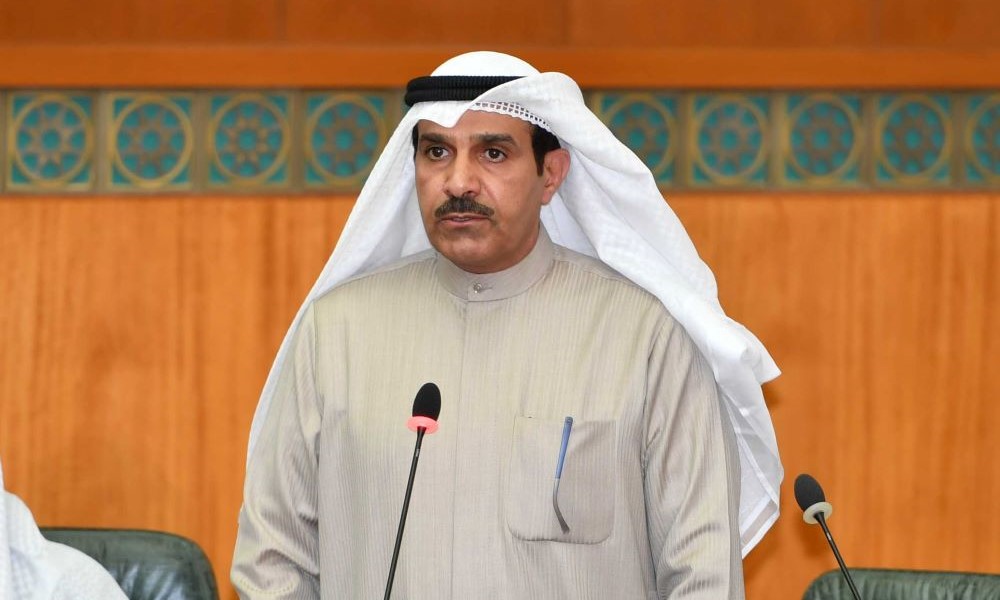By B Izzak
KUWAIT: Former MP Marzouq Al-Khalifa will be running for office from central jail as the country’s top court yesterday set October 10 as a date to issue its final verdict on the former lawmaker and scores of men from his Shimmari tribe. Khalifa and the men were tried and convicted by the criminal court for organizing and taking part in the outlawed tribal primary election ahead of the December 5, 2020 general polls in which Khalifa won a seat in parliament for the first time.
The criminal court sentenced Khalifa and his tribesmen for two years and the verdict was upheld by the court of appeals. The men challenged the verdict before the court of cassation, the country’s highest court whose rulings are final. Under Kuwaiti law, the convicts gave themselves up to authorities as a requirement for the challenge to be heard by the court of cassation. The judge sent all of them to jail pending the outcome of the trial.
On Monday, the court decided to set October 10 as the date to issue its final verdict and the convicts must remain in jail at least until then. If they are acquitted, they will be set free but if the verdict is upheld, they will have to spend the period of sentence in jail. As for Khalifa, who has registered to run for a seat in the fourth constituency, legal experts said the case does not influence his election and if he is elected, he will remain in jail if the court upholds his conviction. After serving his term in jail, Khalifa will be set free and then he can join the national assembly, a rare event in Kuwait.
Meanwhile, an Islamist ethics charter being circulated among Islamist and conservative candidates for signature, has stirred a controversy with liberal-leaning candidates who described the charter as against the constitution. The charter requires candidates to pledge that if they are elected, they will support Islamic bills submitted by lawmakers and that they will refuse any attempt to re-introduce the mixing of the sexes at Kuwait University and other high education establishments.
Under the charter, signed by dozens so far, the lawmakers pledge to refuse any mixed musical concerts and festivals, mixed activities at health clubs, swimming pools and hotels. The charter also calls to activate a law that requires decent dress at higher education establishments. Many liberal and nationalist candidates refused to sign the charter, saying that it contradicts with the constitution and imposes restrictions on personal freedom of individuals, a violation of articles in the constitution. Some liberal writers, publications and candidates described the charter as “intellectual terror”.





